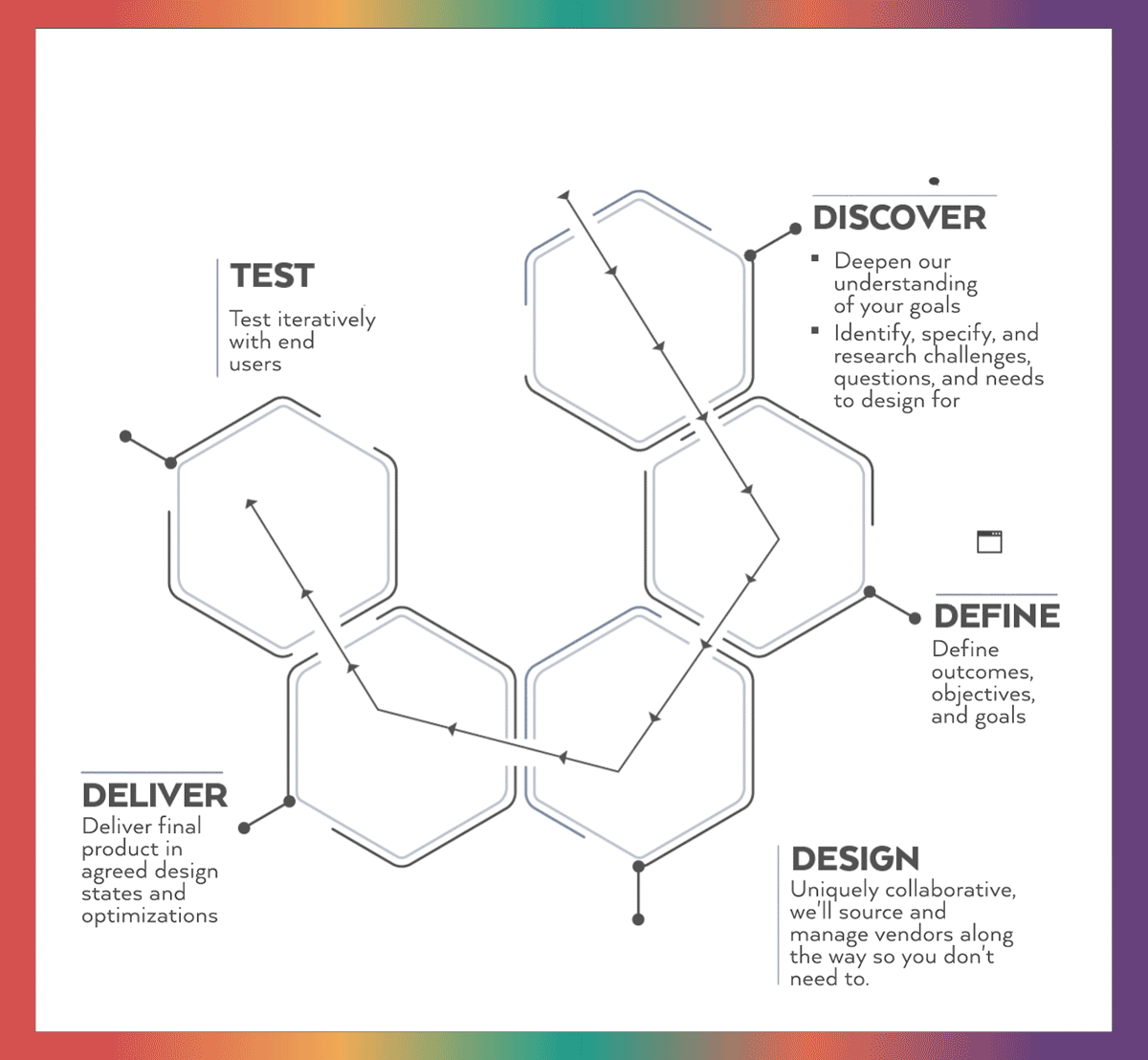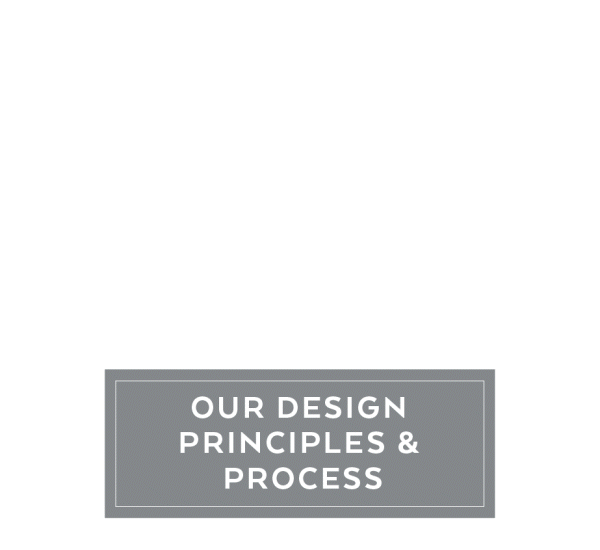
AT ITHRIVE GAMES, WE LEAD THE DESIGN OF ACCESSIBLE GAMES, TOOLS, AND EXPERIENCES THAT ADVANCE LEARNING FOR TEENS AND PROTECT AND PROMOTE THEIR MENTAL HEALTH.
Our team of adolescent development and mental health experts builds on 30+ years of combined instructional and game design experience to create compelling and accessible games, tools, and programs that nurture teens' genius by folding in social and emotional skill-building—a practice proven to nourish mental health and learning. Our clients also see the brilliance in young people and trust us to help them design experiences that amplify it, relying on our expertise to help them manage the process from start to finish. The science behind what works best for teen learning and mental health guides decision-making throughout as we weave in our network of thought leaders, developers, and teen co-designers, who lend their wisdom to the creation process.
We make our clients' commitment to supporting positive outcomes in teens a throughline in the planning, design, development, and testing of games, tools, and experiences intended to meaningfully and successfully engage young people.
Together, with our network of clients, partners, and teens, we are accelerating progress toward a world where young people feel seen, heard, productively challenged, and supported, and have accessible learning and mental health-supporting tools and experiences.


Founded in 2014 by Dorothy Batten, president of the DN Batten Foundation, iThrive Games began as a socially minded initiative to leverage games and technology to nurture and support teens to develop growth mindsets, essential social and emotional skills, and resiliency. Read our origin story.


WE WORK ITERATIVELY, TRANSPARENTLY, AND COLLABORATIVELY WITH YOUR TEAM, ALIGNING OUR WORK WITH YOUR KEY GOALS AND IDEAL OUTCOMES FOR YOUNG PEOPLE.
Empathy, trust, and clear communication are essential to our process. We work with and for you in mapping goals, identifying and responding to young people's needs, and partnering with developers and across teams, enabling us to make intelligent and impact-driven design decisions. Our in-house project management services help streamline the process from discovery to delivery, allowing us to achieve your end goals on time and within budget.


OUR APPROACH TO EVERY PROJECT IS TEEN CENTERED, EVIDENCE BASED, IMPACT ORIENTED, ACCESSIBILITY FORWARD, AND ITERATIVE.

TEEN CENTERED
We believe that nothing for teens should be created without teens. So we put their lens on everything we create by engaging them as subject matter experts throughout the design process. They meaningfully contribute to our games, tools, and experiences using creative and cognitive tools that simultaneously help them tap into and awaken their genius in innovative ways.
EVIDENCE BASED
When designing, we apply the science about what works best for teen learning and mental health, along with evidence-based practices from game design, experiential design, educational psychology, and positive adolescent development. These insights, along with teens' wisdom and our expertise, steer decision-making throughout the creative process, resulting in engaging, responsive, and developmentally nurturing experiences for young people.
IMPACT ORIENTED
Everything we create is in service of teens' learning and their social and emotional health. Our clients trust us to preserve their commitment to supporting positive outcomes in young people. The deep collaboration we do and decisions we make from start to finish are all impact-driven, ensuring the games, tools, and experiences we create for teens support them in meaningful, wellness-supporting ways.
ACCESSIBILITY FORWARD
Inclusive design is non-negotiable in a world full of human uniqueness and diversity. Our design process considers and accounts for the variability that exists in teens' learning needs by building in multiple means of engagement, representation, action, and expression.
ITERATIVE
We iterate for impact. When we design, we deliberately build in space for experimentation and adjustment. Our process includes cost-effective sprints of prototyping, user testing, evaluating, and refining at each stage of design to support us in testing assumptions with young people, and creating impactful games, tools, and experiences that effectively engage them and support their learning and mental health.










